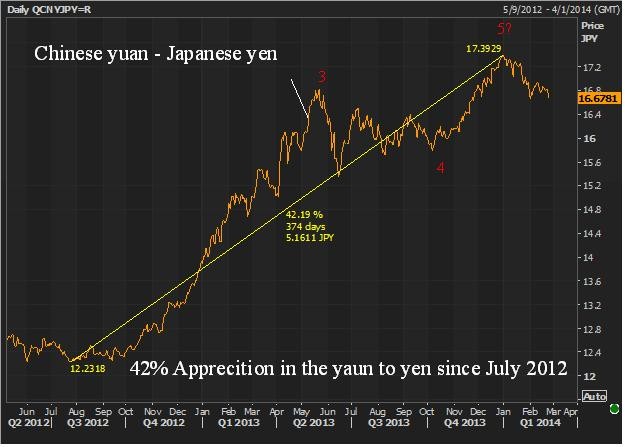Japan acts to weaken surging yen
Post on: 16 Март, 2015 No Comment
The dollar rose sharply on the foreign exchanges today after the Bank of Japan took unilateral action to halt the rise in the value of the yen.
Fearful that a rising currency would damage the country’s export-led recovery plan, Tokyo took the financial markets by surprise with its first bout of intervention in six years.
The move came the day after the prime minister, Naoto Kan, won a party leadership election and saw the yen lose almost 3% against the dollar. The US currency saw its sharpest rise in two years, climbing from a 15-year-low of just under 83 yen to more than 85.5 yen.
No other central bank took part in the attempt to hold down the yen, which according to reports in Tokyo involved the central bank selling more than $1bn of yen in three separate bouts of intervention.
Chief cabinet secretary Yoshito Sengoku said that the Japanese government took the decision after the yen strengthened to 83 to the dollar, and indicated that it was determined not to allow it to go through the 82 barrier. And Yoshihiko Noda. the finance minister, said the yen’s strength had become a problem that could not be overlooked.
On the Tokyo stock market, the fall in the value of the currency had an immediate impact on the share prices of Japan’s biggest exporters, with Toyota and Sony rising by around 4%. The Nikkei 225 stock index, which was down before the intervention, closed 217 points higher at 9,516.56 points.
But the lack of support from the other leading central banks – the US Federal Reserve, the European Central Bank, the Bank of England and the Swiss Central Bank – led some analysts to question whether the action would have any real impact.
Billionaire financier George Soros told Reuters that Japan was right to weaken the yen, but currency analysts said authorities would struggle to keep the yen weak, particularly if markets suspect the Federal Reserve decides to pump more money into the US economy this year to prevent a faltering economic recovery from stalling. Weak US manufacturing data today kept alive the possibility that the Fed will extend its quantitative easing programme under which the central banks seeks to boost demand by creating electronic money.
China, the US, the euro area and Britain are all trying to secure a bigger share of global markets for their exporters, making them unwilling to take action that would push up the value of their currencies. Washington has been putting pressure on Beijing in recent months to allow its currency, the renminbi, to appreciate.
Japan’s intervention to weaken the yen is unlikely to make a major difference to the outlook for the currency, said Julian Jessop of Capital Economics. The key driver of the yen’s recent rise has been demand for a safe haven from problems elsewhere, meaning that there may soon be more willing buyers to snap up any yen that the Bank of Japan is ready to sell.’

David Bloom, currency analyst at HSBC said: The Japanese authorities need to be aggressive now and hit the market hard, fast and furious because as time goes on, the announcement effect will dissipate. The amounts become so large they start to work against international acceptance of this policy. For this to actually work what is needed is global co-operation.
The intervention will only help ease the yen’s sudden surge, predicted Daisuke Uno, chief strategist at Sumitomo Mitsui, Japan’s third-largest bank.
Kirby Daley, senior strategist at Newbridge Group, agreed that Japan was unlikely to be able to drag the yen back to the 90 level, and might soon have to defend the 80 that was reached in 1995.
As always, the ministry of finance has offered traders a fabulous opportunity, Daley said, a suggestion that the BoJ may face a protracted battle with speculators.
Other analysts pointed out that around 2.6tn of currency is traded on the foreign exchanges each day, questioning whether Japan’s intervention would have a major impact.
Consumer electronics company Sony said it welcomed the move, and urged the Japanese government to weaken the yen again if needed. While we welcome the latest currency intervention by the government and Bank of Japan … we hope they will continue to closely monitor foreign exchange trends and take appropriate measures, the company said.














